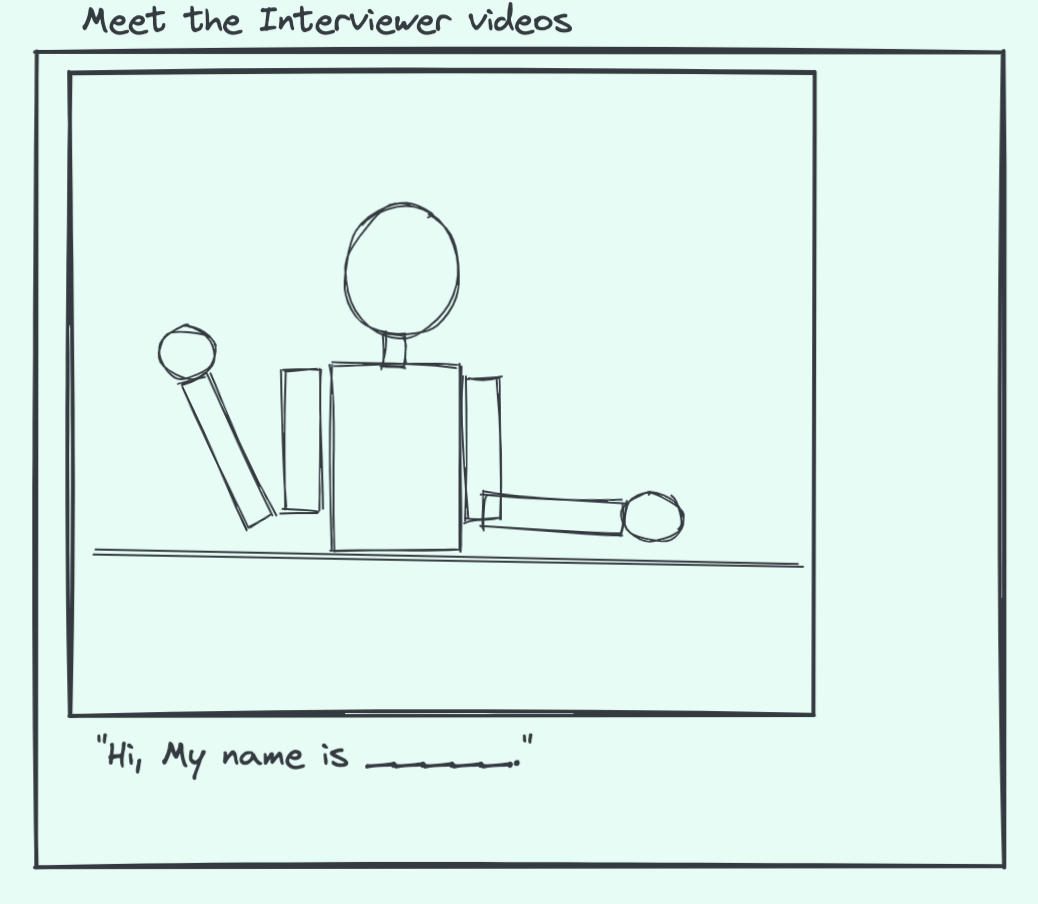
Expanded Features

Hacker Pen is a virtual mock interview platform that is beginning to gain traction in the market. Its creators are facilitating the advancement of those new to the development community as well as those who have been in the industry for years.
Hacker pen
Materials
Figma.com design tools
Miro.com for Journey Map preparation
Excalidraw.com to create rough sketches of pages
pen and paper
google suite for docs
Objectives
Propose new features to add depth to what is currently offered in their service
Explore the potential of a marketplace for the website
Create examples of the newly proposed pages, and explain their function.
Phase 1
Understanding Hacker Pen
We began our discovery of Hacker Pen by looking at competitor’s websites
We looked at what was the similar, different, and for things that were missing from hacker pen but could be connected.
After looking at competitors, we looked at information from Hacker Pen, and created personas to match notes from a few of their users.
Individually our group members created Journey Maps to track the successes and failures of the product through its user stages.
Phase 2
Feature planning
The next phase in our project is creative. It’s time to sketch out a few ideas for new features for Hacker Pen.
I was guided to this great tool at Excalidraw.com, and found that a newsprint green really spoke to me.
I made a couple of simple examples, and some that would take more effort to bring to life.
Feature Estimation
I brought my sketches back to our group. We compiled our ideas into a figjam board, and arranged them into categories.
We had a meeting with the developers to get a sense of how long each idea would take to add to the website.
Then we chose 10 sketches to further research
Phase 3
Kano Survey
In phase 3 we used the application of the theories of Noriaki Kano to discover how people would feel about our proposed website features.
Phase 4
Wireframes and focused Journey map
In phase 4 I created annotated wireframes of 6 selected features to make up a design cycle for Hacker Pen. While creating the presentation, I felt that my previous Journey Maps didn’t do justice to the user stories I was trying to tell. A more focused map was just the trick to show how the new features suggested would bring value to Hacker Pen.





